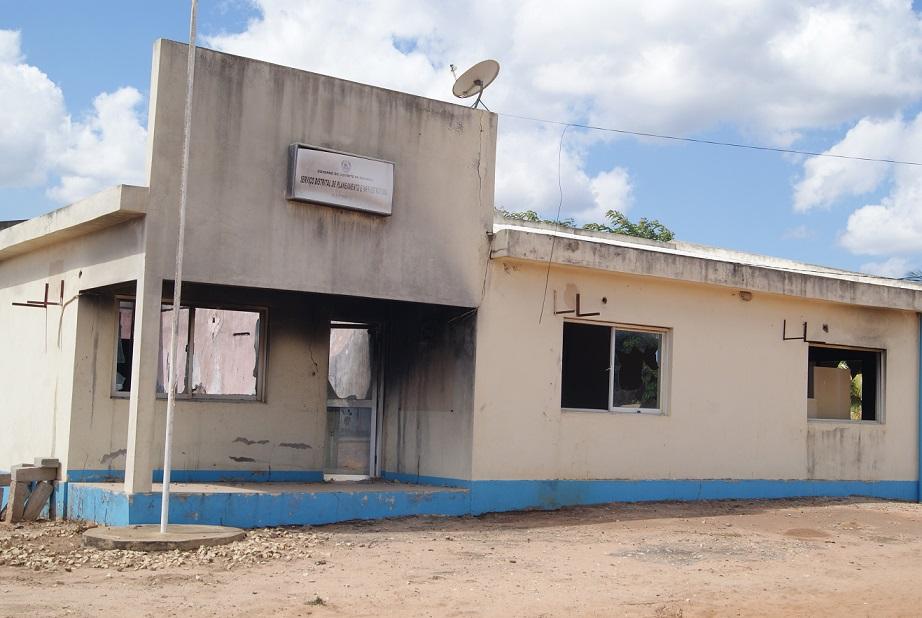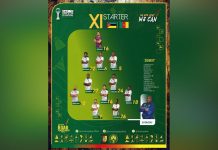Africa-Press – Mozambique. After several announcements by the Mozambican government that it had regained control of districts in Cabo Delgado from the hands of insurgents, some people have found the courage to return, but they are still wary.
Paulo Chalegwa, 63, a former combatant and owner of a small business in Macomia, fled a year ago with his wife and four children to Namialo, in Nampula province. Now, he has decided to return, but he has not found the tranquillity he had hoped for, due to reports from the surrounding communities.
Upon arrival in Macomia town, the district headquarters, in the centre of Cabo Delgado, Chalegwa was told that “the deaths continue” in other villages in the district, he says, in the local language Shimaconde, one of the most spoken in the town.
“Days ago, bodies were found in the Quiterajo area,” a coastal area about 80 kilometres distant by unpaved land, a route that takes almost two hours to cover.
Incidents with casualties, scattered across districts in central and southern Cabo Delgado are attributed to fleeing rebels by local sources, including members of security forces.
These are insurgents who belonged to groups on bases dismantled by the military offensive which has been trying to restore security in the province since July. They are now roaming the province.
When insurgents entered Macomia in 2020, they burned down the stall of ex-combatant Chalegwa, who now expects to reopen it. But he says there is a climate of fear and he won’t risk it. “Look, I lost a lot, 57,000 meticais,” around €790, more than many Mozambicans earn in a year, and says he won’t “take the risk again”.
He will remain in Macomia with his wife, hoping that the situation will improve, but he has sent his four children back to Namialo, to “avoid the worst”, because “lightning never strikes twice”.
With reports of armed violence all around, it is as if Macomia had not yet been freed from the rebels, Chalegwa says, a perspective shared by 57-year-old Momade Mwanifa, a father of four children, two of whom were murdered by the insurgents during the attack on Macomia in 2020.
Since then, Mwanifa has stayed in Nacala, south, in Nampula province, for more than a year, sleeping under an old car in a yard, a space he was allowed to occupy in exchange for security guard work.
“God only knows my future: I lost my children and now, when I return, the situation continues,” he complains in Kimwani, another language spoken in the town.
He sent his 23- and 19-year-old children back to Nacala so as not to be in danger, because Macomia “is still insecure”.
“They will sleep in the same place. I spoke to the boss [of the yard] who said he’s going to take them in,” he says, adding that if things don’t change, he himself would prefer to “go back to Nacala”.
Gomes Kawessa, 59, fled Macomia for Mueda in November, 2020, after a month sleeping in the bush for fear of being caught by insurgents. He also returned after hearing that the situation was under control, but the signs are still of danger, he says.
“I sent my children back” to Mueda, he says. “They are studying there,” because “there is still war” in Macomia. “There are deaths in Quiterajo and Mucojo, and no one says anything,” he says, questioning the authorities’ sincerity.
A source in the local security force says that the deaths in Quiterajo and Mucojo, along the coast, deserve an intervention to restore tranquillity. According to this account, reinforcement has already been requested by the authorities in order to address the situation in the area.
Cabo Delgado province is rich in natural gas, but has been terrorised since 2017 by armed rebels, with some attacks claimed by the Islamic State extremist group.
The conflict has already caused more than 3,100 deaths, according to the ACLED conflict registration project, and more than 817,000 displaced, according to the Mozambican authorities.
Since July, an offensive by government troops with the support of Rwanda, which was later joined by the Southern African Development Community (SADC), has increased security, recovering several areas where there was a presence of rebels, namely the town of Mocímboa da Praia, which had been occupied since August 2020.
For More News And Analysis About Mozambique Follow Africa-Press






